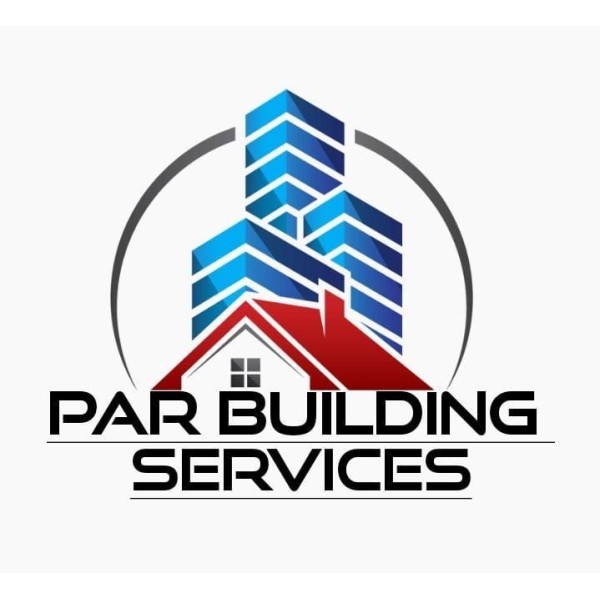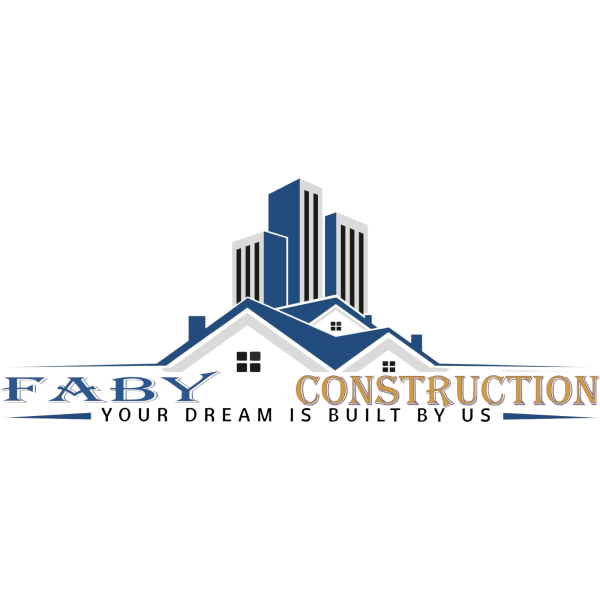Understanding Loft Conversions in Westbury
Loft conversions in Westbury have become increasingly popular as homeowners seek to maximise their living space without the hassle of moving. This charming town, known for its picturesque landscapes and historical significance, offers a unique blend of traditional and modern living. Converting a loft not only adds value to your property but also provides a versatile space that can be tailored to your needs. Whether you're looking to create an extra bedroom, a home office, or a cosy retreat, a loft conversion can be a perfect solution.
The Benefits of Loft Conversions
Loft conversions offer numerous advantages. Firstly, they make use of existing space, which means you don't have to sacrifice garden space or deal with the complexities of building extensions. Additionally, a well-executed loft conversion can significantly increase the value of your home, making it a wise investment. Moreover, it provides an opportunity to enhance your home's energy efficiency by improving insulation and ventilation.
Increased Property Value
One of the most compelling reasons to consider a loft conversion is the potential increase in property value. In Westbury, where property prices are steadily rising, a loft conversion can add up to 20% to your home's value. This makes it not only a practical choice for expanding your living space but also a financially sound decision.
Customisable Living Space
Loft conversions offer a blank canvas for creativity. Whether you envision a sleek modern design or a cosy rustic retreat, the possibilities are endless. You can tailor the space to suit your lifestyle, whether it's a playroom for the kids, a tranquil home office, or a luxurious master suite.
Types of Loft Conversions
There are several types of loft conversions to consider, each with its own set of benefits and considerations. The most common types include dormer, hip-to-gable, mansard, and roof light conversions. Each type has its unique features and suitability depending on the structure of your home and your personal preferences.
Dormer Loft Conversions
Dormer conversions are the most popular choice in Westbury. They involve extending the existing roof to create additional headroom and floor space. Dormers can be added to the rear or side of the property and are suitable for most types of houses. They offer a good balance between cost and added space.
Hip-to-Gable Loft Conversions
Hip-to-gable conversions are ideal for semi-detached or detached houses with a hipped roof. This type of conversion involves straightening the sloped side of the roof to create a vertical wall, thus increasing the usable space. It's a great option for those looking to maximise their loft's potential.
Mansard Loft Conversions
Mansard conversions are more complex and typically involve altering the entire roof structure. They are characterised by a flat roof with steeply sloping sides, creating a box-like shape. While they are more expensive, they offer the most space and flexibility, making them ideal for larger projects.
Roof Light Loft Conversions
Roof light conversions are the most cost-effective option as they involve minimal structural alterations. This type of conversion simply adds skylights to the existing roof, allowing natural light to flood the space. It's perfect for those on a budget or with planning restrictions.
Planning Permission and Building Regulations
When considering a loft conversion in Westbury, it's essential to understand the planning permission and building regulations involved. While many loft conversions fall under permitted development rights, certain conditions and restrictions may apply. It's crucial to consult with local authorities or a professional architect to ensure compliance.
Permitted Development Rights
In many cases, loft conversions can be carried out under permitted development rights, meaning you won't need formal planning permission. However, there are limitations, such as the volume of the new space and the height of the roof. It's important to check with the local council to confirm your project's eligibility.
Building Regulations
Regardless of whether planning permission is required, all loft conversions must comply with building regulations. These regulations ensure the safety and structural integrity of the conversion. Key areas include fire safety, insulation, and access. Hiring a qualified builder or architect can help navigate these requirements.
Choosing the Right Professionals
Embarking on a loft conversion project requires the expertise of skilled professionals. From architects and builders to interior designers, choosing the right team is crucial for a successful outcome. It's important to research and select professionals with a proven track record in loft conversions.
Architects and Designers
An architect or designer can help bring your vision to life. They will assess the feasibility of your project, create detailed plans, and ensure compliance with regulations. Look for professionals with experience in loft conversions and a portfolio that aligns with your style preferences.
Builders and Contractors
Choosing the right builder is essential for the smooth execution of your loft conversion. Seek recommendations, check credentials, and obtain multiple quotes to ensure you find a reputable contractor. A good builder will have experience in loft conversions and a clear understanding of building regulations.
Cost Considerations
The cost of a loft conversion can vary significantly depending on the type, size, and complexity of the project. It's important to set a realistic budget and consider all potential expenses, including design fees, construction costs, and furnishings.
Budgeting for Your Loft Conversion
Start by obtaining detailed quotes from multiple contractors to get an accurate estimate of the costs involved. Factor in additional expenses such as planning fees, building regulation approvals, and any unforeseen issues that may arise during construction.
Financing Options
If you're concerned about the upfront costs, there are several financing options available. Consider remortgaging, taking out a home improvement loan, or using savings to fund your project. It's important to explore all options and choose the one that best suits your financial situation.
Designing Your Loft Space
Designing your loft space is an exciting part of the conversion process. It's an opportunity to create a unique and functional area that reflects your personal style. Consider factors such as layout, lighting, and storage solutions to make the most of your new space.
Optimising Layout and Space
Think carefully about how you want to use your loft space and plan the layout accordingly. Consider the placement of windows, doors, and furniture to maximise natural light and create a comfortable flow. Utilise clever storage solutions to keep the space organised and clutter-free.
Lighting and Ventilation
Lighting and ventilation are crucial elements in creating a welcoming loft space. Incorporate a mix of natural and artificial lighting to enhance the ambience. Skylights, recessed lighting, and pendant fixtures can all contribute to a well-lit environment. Ensure proper ventilation to maintain air quality and prevent dampness.
Common Challenges and Solutions
While loft conversions offer many benefits, they can also present challenges. From structural issues to planning constraints, it's important to be prepared and find solutions to potential problems. Working with experienced professionals can help navigate these challenges effectively.
Structural Considerations
One of the main challenges in loft conversions is ensuring the structural integrity of the building. This may involve reinforcing the floor, adding support beams, or altering the roof structure. A structural engineer can assess the requirements and provide solutions to ensure a safe and stable conversion.
Planning and Design Constraints
Planning and design constraints can vary depending on the location and type of property. It's important to research local regulations and work with professionals who understand the specific requirements of loft conversions in Westbury. They can help navigate any restrictions and find creative solutions to design challenges.
Environmental Considerations
As sustainability becomes increasingly important, many homeowners are looking for ways to make their loft conversions more environmentally friendly. From energy-efficient insulation to eco-friendly materials, there are several ways to reduce the environmental impact of your project.
Energy Efficiency
Improving energy efficiency is a key consideration in loft conversions. Proper insulation, double-glazed windows, and energy-efficient lighting can all contribute to reducing energy consumption. Consider incorporating renewable energy sources, such as solar panels, to further enhance sustainability.
Eco-Friendly Materials
Choosing eco-friendly materials can make a significant difference in the environmental impact of your loft conversion. Opt for sustainable timber, recycled materials, and low-VOC paints to create a healthier and more sustainable living space.
Frequently Asked Questions
- Do I need planning permission for a loft conversion in Westbury? In many cases, loft conversions fall under permitted development rights, but it's important to check with the local council to confirm.
- How long does a loft conversion take? The duration of a loft conversion can vary depending on the complexity of the project, but it typically takes between 6 to 12 weeks.
- Can all lofts be converted? Most lofts can be converted, but it's important to assess the structural feasibility and any planning constraints before proceeding.
- What is the cost of a loft conversion in Westbury? The cost can vary significantly depending on the type and size of the conversion, but it typically ranges from £20,000 to £50,000.
- Will a loft conversion add value to my home? Yes, a well-executed loft conversion can add up to 20% to your home's value.
- How can I make my loft conversion more eco-friendly? Consider using energy-efficient insulation, eco-friendly materials, and renewable energy sources to enhance sustainability.
Loft conversions in Westbury offer a fantastic opportunity to enhance your living space and add value to your home. By understanding the different types of conversions, planning requirements, and design considerations, you can create a beautiful and functional space that meets your needs. With the right professionals and careful planning, your loft conversion can be a rewarding and successful project.














